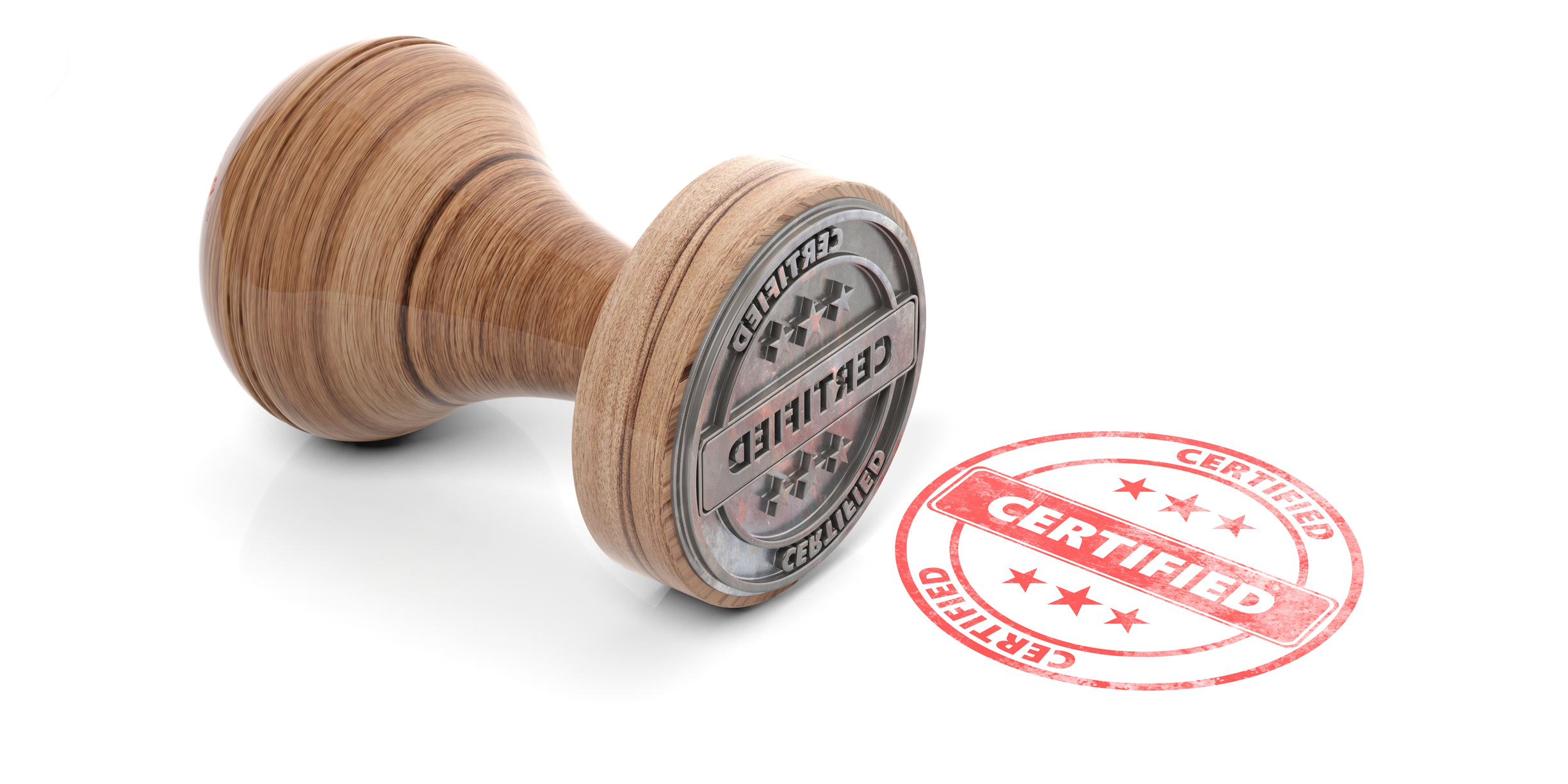SFA News Daily posed the following question to representatives from Cabot Cheese, Patagonia Provisions, and Vermont Creamery
Q: Which of the certifications that your products or company has received has been most beneficial to your brand?
Erika Anderson-Putman, regional trial and event representative, Cabot Cheese

Cabot Creamery Co-operative is a farmer-owned co-operative of 800 dairy farms throughout New England and New York that has been committed to providing the highest quality milk to make award-winning dairy products for over 100 years. In 2012, we became the first dairy co-op in the world to achieve B Corp Certification. We are proud of this as it validates our attention to environmental and social impacts for our consumers, customers, employees, and our farm family owners. This rigorous third-party certification evaluates companies on their social and environmental performance, transparency, and accountability as it pertains to its stakeholders.
This certification has been extremely beneficial to the brand for a variety of reasons. The B Impact Assessment measures the health of the entire company, from procurement and production to employee practices, donation policies, and a company’s attention to social and environmental issues. This 360-degree view allows for us to evaluate areas of strength and improvement, as well as how departments interact with each other. Being a part of the B Corp community has also been a tremendous asset to Cabot. We are deeply grateful to rub shoulders with companies like Patagonia, Seventh Generation, Greyston Bakery, and Burton. We are inspired by their commitments to sustainability, anti-racism, and equitable employment, which challenges us to be better every day.
Birgit Cameron, head of Patagonia Provisions

In 2017, Patagonia Provisions – together with Patagonia, Dr. Bronner’s, and Rodale Institute – along with a group of farmers and soil health experts, established Regenerative Organic Certified, the world’s highest-bar organic designation. To be regenerative organic certified, farms must meet robust soil health standards, animal welfare, and worker fairness. If we continue farming conventionally, the world’s topsoil, in which nearly all our food grows, will disappear within 60 years. Regenerative organic farming creates thriving populations of microbes, which break down organic matter into topsoil.
RO systems like agroforests and perennial plants have well-developed roots that keep topsoil from eroding. A regenerative organic system rich in trees, perennials, and living microbe-rich soil also excel at drawing down carbon dioxide, a major greenhouse gas causing the climate crisis. For the highest ROC certification level, animals raised and handled for dairy or meat production must be treated humanely with no confined animal feeding operations. Farmers and workers must be treated fairly and paid a living wage, with farms in compliance with all local and federal labor laws, including health and safety guidelines. Evidence suggests what common sense has always told us: fruits, vegetables, nuts, and grains that are regeneratively grown in rich, organic soil hold onto more nutrients. Eating a tomato grown with these practices, for example, can deliver more cancer-fighting flavonoids than one raised conventionally.
Last year, Patagonia Provisions transitioned its e-commerce site to be a one-stop-shop for regenerative organic products from growers and producers from all over the world. Doing what’s right for our health and the health of the planet by sourcing products from like-minded farmers, fishermen, and purveyors committed to restoring, rather than depleting, the earth has resulted in customer confidence and brand loyalty. We want to continue to pave the way for farmers and producers to adopt these practices and provide them with a platform and community throughout their certification journey. Many of the brands on our site are “on the road to regenerative organic.” We think there is power in this movement, all coming together to improve our food system. I believe this is the way of the future. Learn more about RO certification here.
Adeline Druart, president, Vermont Creamery

This year, Vermont Creamery is celebrating its sixth year as a Certified B Corporation. Being a B Corp is a crucial part of our mission and our identity; we are part of a global community of businesses that meet the highest standards of verified social and environmental performance and are legally accountable to balance profit and purpose. Our B Corp Certification is a critical proof point of the work we do every day, to use our success to create a positive impact through meaningful, systemic change that benefits not just our employees, but the greater communities that our business touches.
Our ongoing commitment is to operate our business as a force for good--to make dairy that tastes better because it’s made better. We know that when our consumers see the B Corp logo on our delicious dairy products, they can feel good about their purchase, knowing that the people behind those products believe in a sustainable, delicious future for all.
Related: Maker Q&A: Co-Packing Conundrums; First Dairy Farms Recieves Regenerative Organic Certification.

